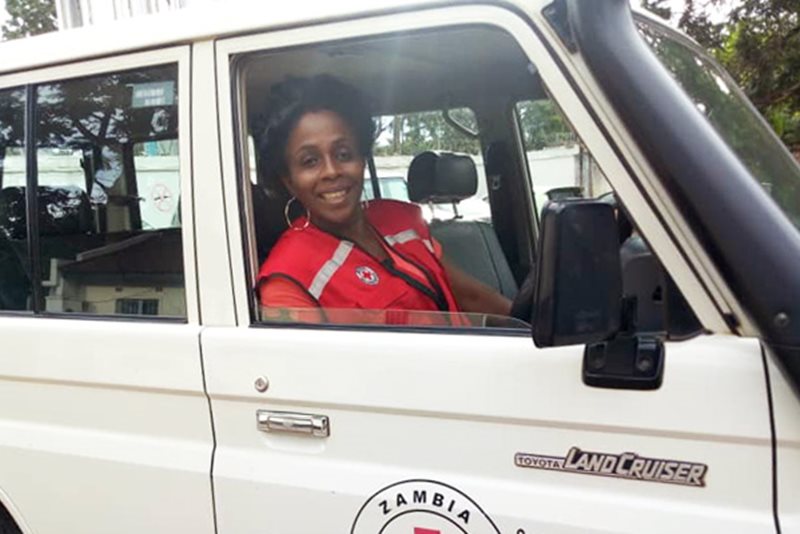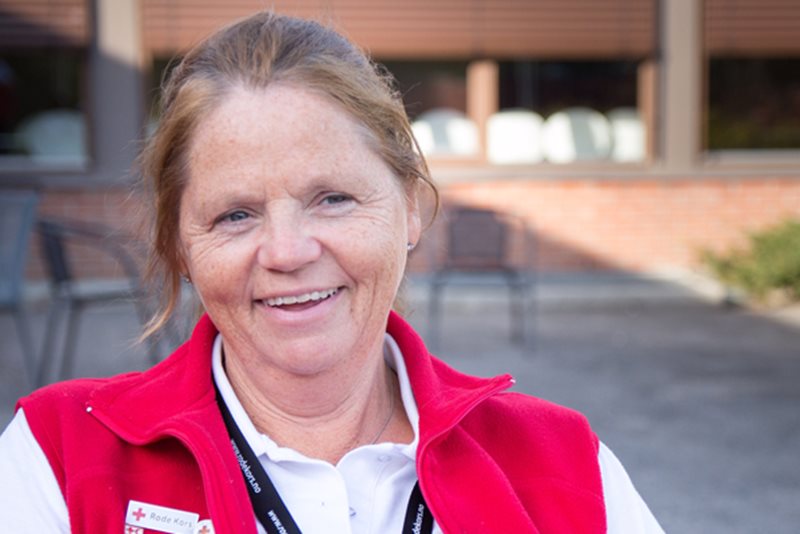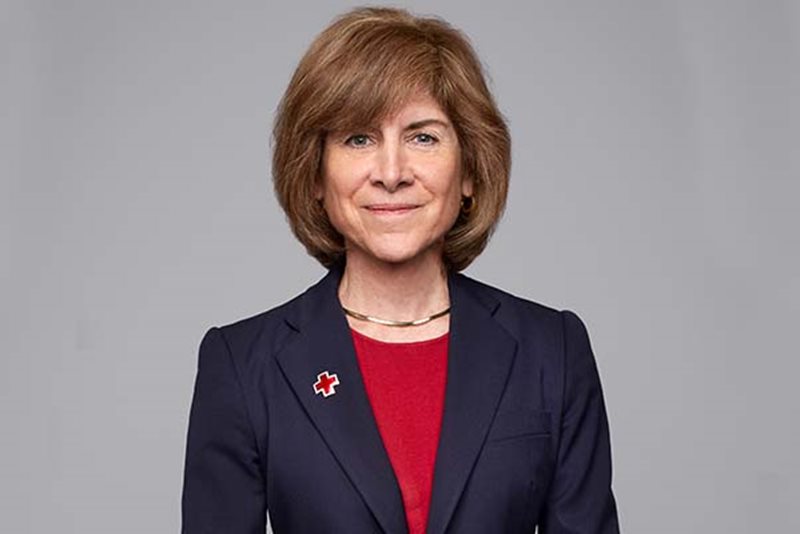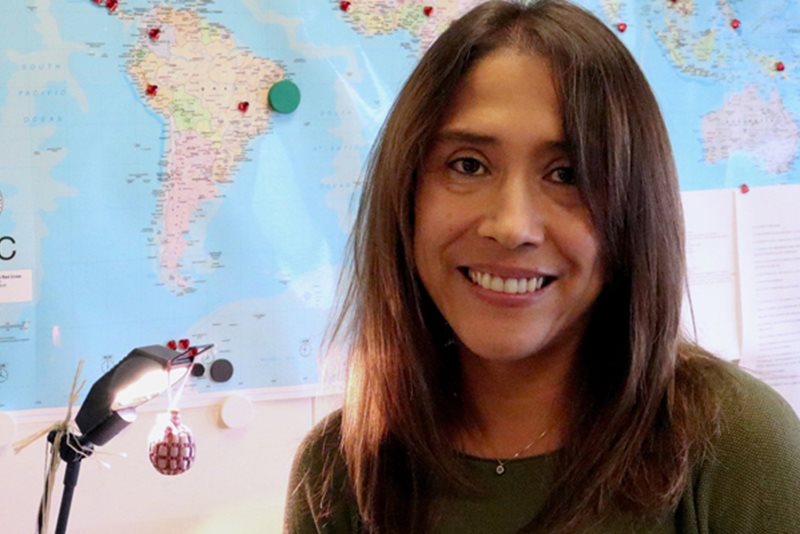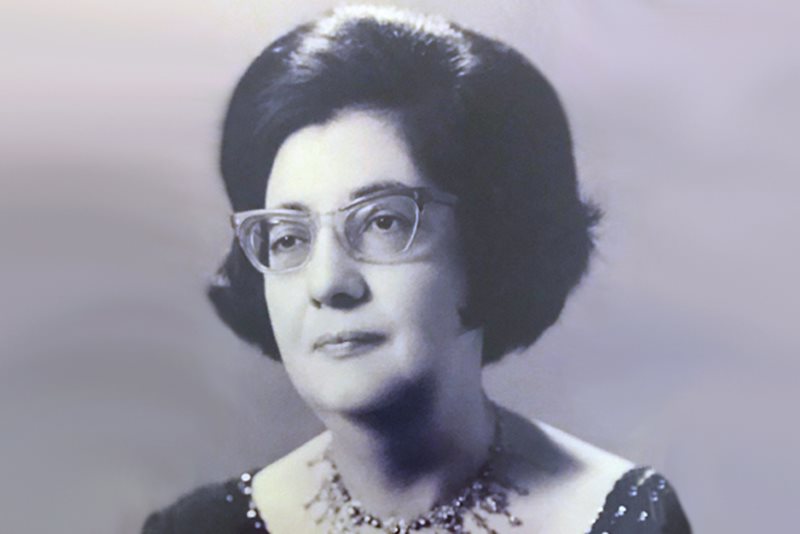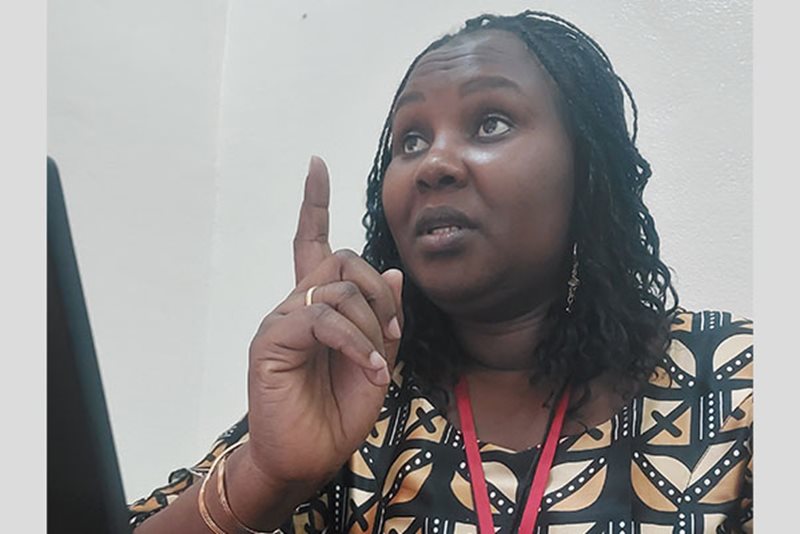

As a district advisor, Dr. Coulibaly was charged with supporting 73 community health workers in improving maternal, newborn and child health. She was quickly promoted to Zone Coordinator for the project based on her performance, which ranked her highest among all 16 district advisors on the project.
– Dr. Bintou Coulibaly, Canada”I was the only female Zone Coordinator.”
As a coordinator, Dr. Coulibaly had more responsibilities (coordination and technical monitoring), as well as 7 district advisors, 181 community health workers (64% female), and 1,039 Mali Red Cross volunteers (33% female) under her supervision in her area of operations. This high level of female representation was achieved through awareness and advocacy work with Ministry of Health officials and beneficiary communities.
In 2017, Dr. Coulibaly represented the Mali Red Cross at the Women Deliver conference in Canada. She made a presentation during a key event to share the important contributions of female community health workers to the populations that they work with. Two yaers later, Dr. Coulibaly was promoted for the second time to National Quality Assurance Technical Assistant in Bamako and was then appointed as the technical reference person for health for the Canadian Red Cross in Mali in 2020. Her advancement within the organization is a testament to her commitment and dedication to the Movement’s values and to improving the lives of the most marginalized, who in Mali are very often women and children. Her current role puts her in regular dialogue with the Mali Ministry of Health, which she uses as an opportunity to defend women’s rights to access quality health care and continue to advocate for recruiting female community health workers.
– Dr. Bintou Coulibaly, Canada” I dream of a world where women can speak, act, and decide for themselves without men doing it for them, an equitable world where all girls and women enjoy the same rights as boys and men, in both community and urban settings.”
She also believes that our RCRC Movement could benefit greatly from having more women in leadership positions. ”Women have a good understanding of public health issues, partly because they experience them, and partly because they understand the problems that affect the mother-child relationship better than men do. Women experience these challenges on a daily basis. They are able to propose and implement viable approaches to address mother-child issues. A female leader at the Red Cross is in a better position to help it fulfill its mission”, she says.
However, Dr. Coulibaly is well aware that for women, the path to a leadership position is paved with challenges. Women often face “prejudice due to their femininity and societal norms that place women at a non-decision-making level, [not to mention] abuse, sexism, and often harassment.”
As she puts it so eloquently,
– Dr. Bintou Coulibaly, Canada” We need women in all decision-making bodies, from the lowest to the highest rungs of the ladder, so that women are involved in the decisions that affect them.”
To help us move in that direction, Dr. Coulibaly believes that ”encouraging women to build their self-confidence, supporting them and encouraging them to become leaders, and valuing the work of women is key”. This could change our Movement and our world!
Dr. Coulibaly is married to a physician and is a mom of three, with two sons and one daughter.

Across all regions, between 45-57 per cent of Red Cross and Red Crescent volunteers are women.







